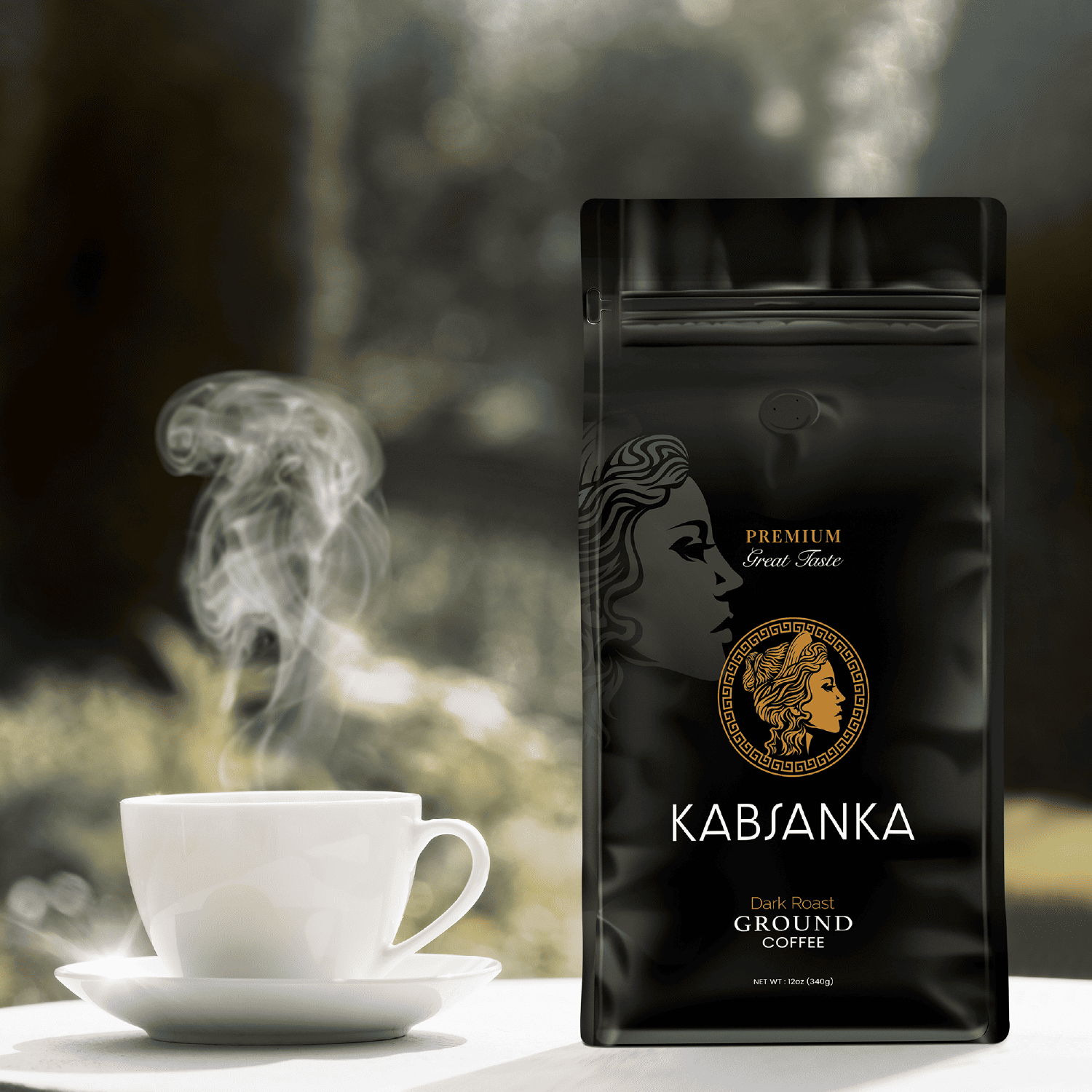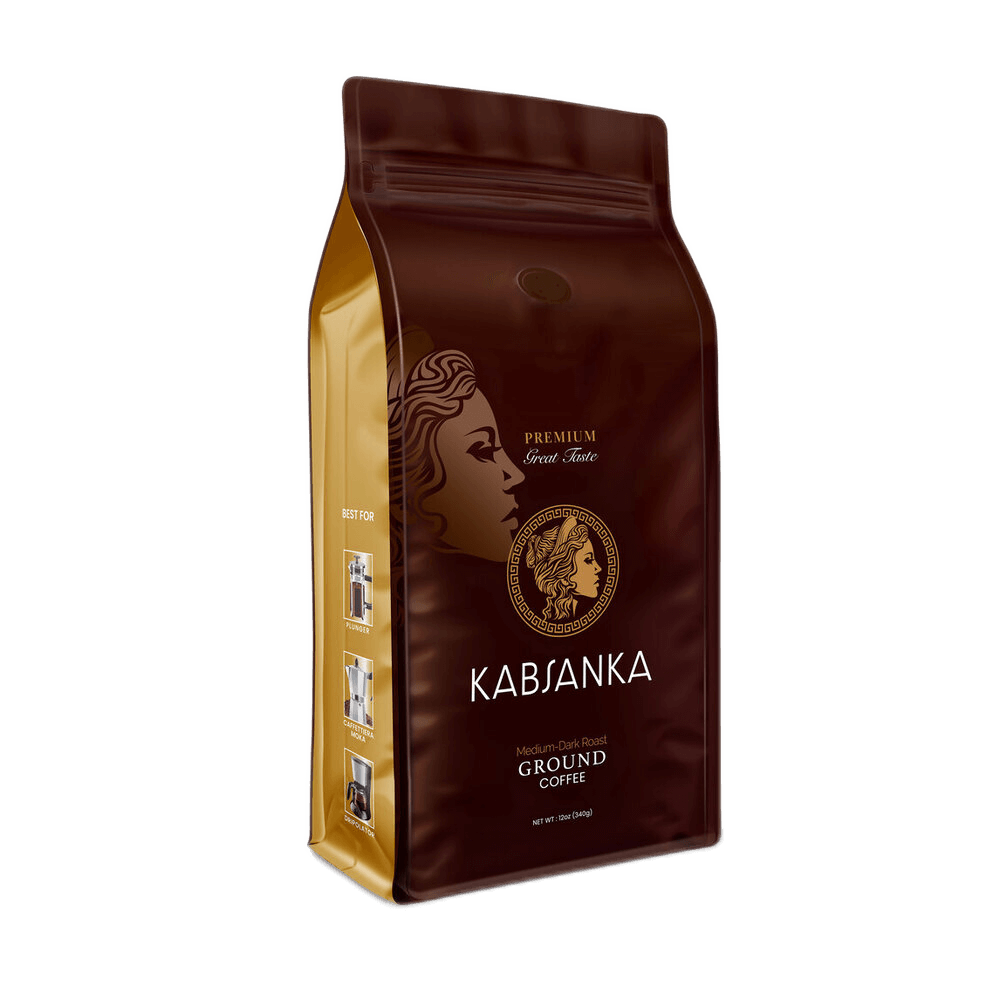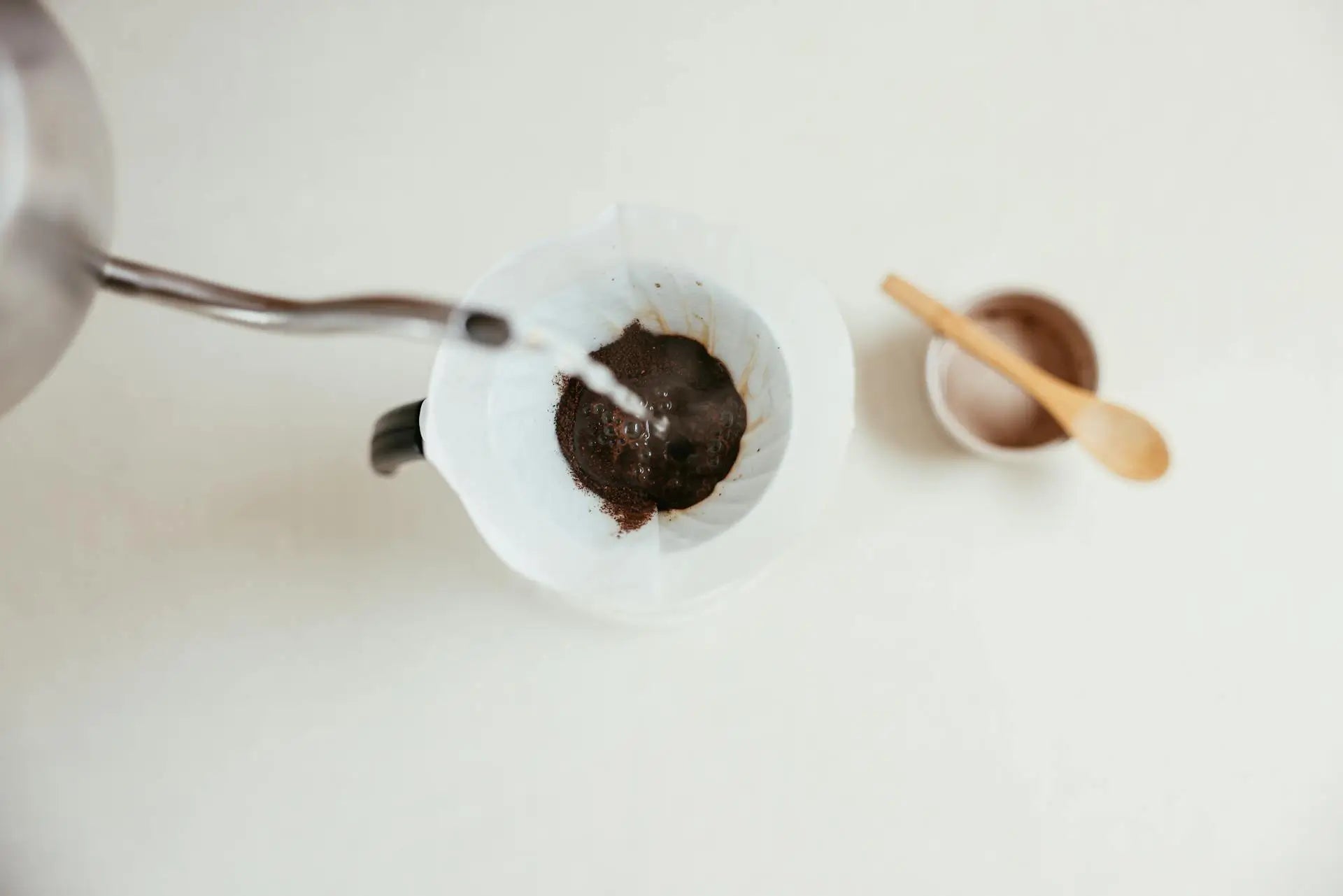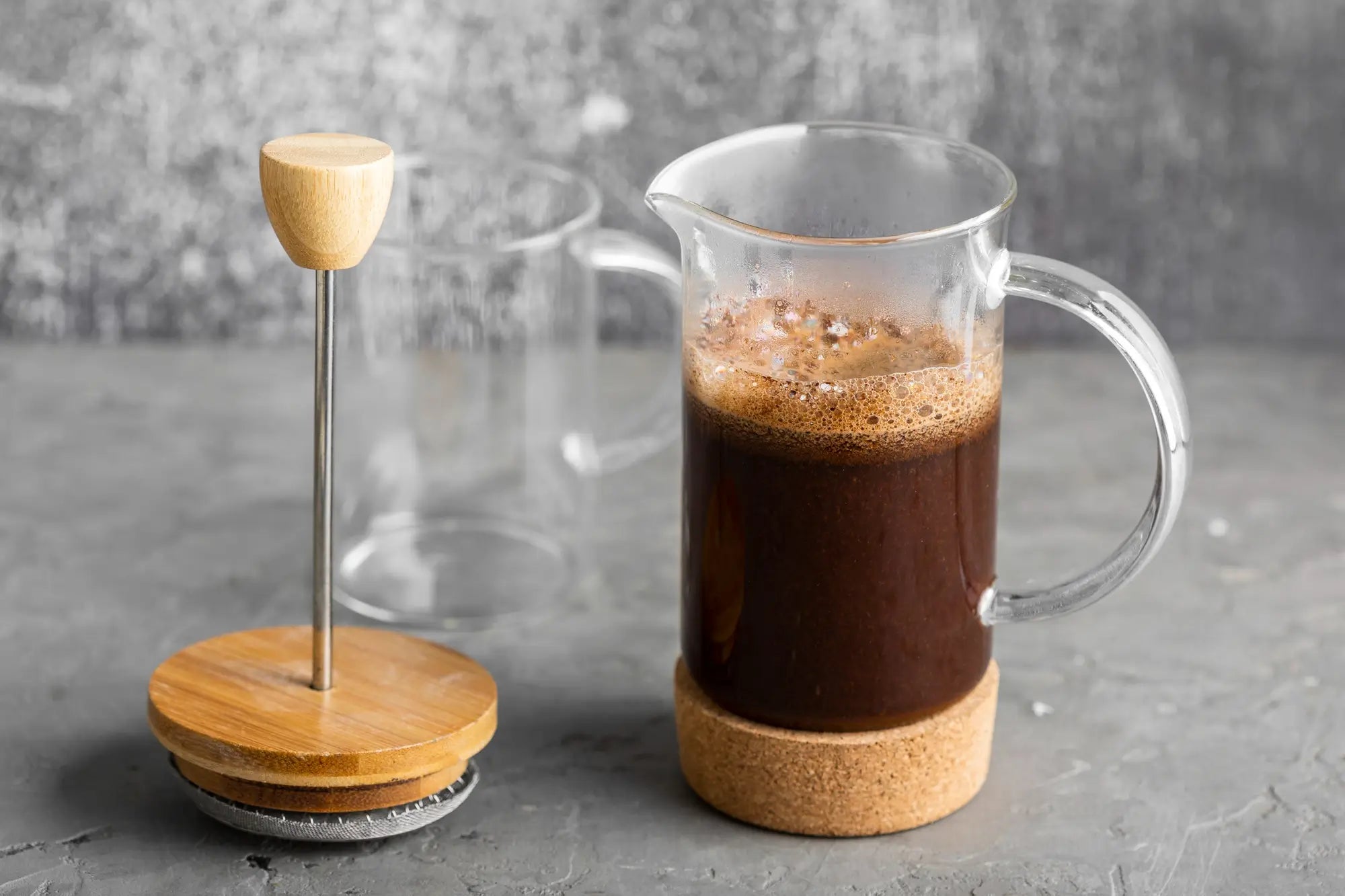Coffee is among the most beloved beverages worldwide, not just for its rich flavor and aroma but also for its energizing effects. However, not all cups of coffee are created equal when it comes to health benefits. Here, we’ll explore the healthiest way to make coffee, the benefits of drinking coffee, and the optimal number of cups to consume per day.
Health Benefits of Drinking Coffee
Numerous studies have highlighted the potential health benefits of drinking coffee, revealing it to be much more than just a morning pick-me-up. Beyond its delightful taste and energizing properties, coffee offers a wide array of scientifically-backed health advantages that make it a surprisingly nutritious beverage.
Improved Brain Function
Coffee contains caffeine, a natural stimulant that does far more than simply wake you up. It can significantly enhance brain function by blocking adenosine, a neurotransmitter that makes you feel tired. This process not only improves mental alertness but also boosts cognitive performance, potentially helping to sharpen focus, improve mood, and increase overall mental clarity. Research suggests that regular coffee consumption might even have long-term cognitive benefits, potentially reducing the risk of age-related mental decline.
Increased Metabolism
Drinking coffee may help increase your metabolic rate, offering a natural aid in weight management. The caffeine in coffee can boost metabolism by 3-11%, helping your body burn more calories even at rest. This metabolic boost can be particularly beneficial for those looking to maintain a healthy weight or support their fitness goals.
Reduced Risk of Chronic Diseases
Regular coffee consumption has been linked to a lower risk of developing several serious health conditions. Studies have shown promising connections between coffee intake and reduced risks of type 2 diabetes, Parkinson's disease, Alzheimer's disease, and liver disease. The powerful antioxidants found in coffee, such as chlorogenic acid, play a crucial role in these protective effects, helping to combat inflammation and oxidative stress in the body.
Enhanced Physical Performance
Caffeine can dramatically improve physical performance by increasing adrenaline levels and mobilizing fatty acids from fat tissues. Athletes and fitness enthusiasts often use coffee as a natural performance enhancer, as it can improve physical endurance and reduce perceived exertion during exercise.
How Many Cups of Coffee Should You Drink a Day?

While coffee offers various health benefits, consuming it in moderation is essential. The recommended daily intake of coffee varies depending on individual tolerance and sensitivity to caffeine. However, most experts agree that consuming up to 400mg of caffeine daily, roughly equivalent to 4 cups of coffee, is safe for most healthy adults.
For those with kidney problems, it's important to be mindful of their coffee intake. Since caffeine is a diuretic, it can lead to dehydration and potentially cause complications for individuals with kidney issues. It's best to consult with a healthcare professional to determine the appropriate amount of coffee based on individual circumstances.
What's the Healthiest Way to Drink Coffee?

When it comes to the healthiest way to drink coffee, several important factors come into play that can significantly impact both flavor and nutritional value:
Choose High-Quality Beans
Opt for low-acid, sustainably sourced coffee beans to ensure you get the best quality coffee without harmful pesticides or chemicals. Look for beans that are organic, ethically sourced, and freshly roasted to maximize both flavor and potential health benefits.
Avoid Added Sugars and Creamers
While it may be tempting to add sugar, syrups, or creamers, these additives can quickly turn a healthy beverage into a calorie-laden treat. Instead, try using a small amount of natural sweetener like stevia or a splash of plant-based milk. These alternatives can add flavor without compromising the health benefits of your coffee.
Consider the Brewing Method
The healthiest way to brew coffee involves understanding different methods and their potential health implications. Paper filter methods like drip coffee are particularly beneficial as they help remove diterpenes, substances that can raise LDL (bad) cholesterol levels. Pour Over and Drip coffee methods are excellent choices for health-conscious coffee drinkers, as the paper filter effectively traps these cholesterol-raising compounds.
For those who prefer a different approach, French Press offers a rich, full-bodied flavor, though it does not filter out diterpenes as effectively. If you enjoy French Press, consider occasional consumption and balancing it with filtered coffee methods.
Cold Brew presents another excellent alternative, known for its smoother, less acidic flavor profile. The cold brewing process typically produces a coffee with lower acidity, which can be gentler on the stomach and potentially beneficial for those with acid reflux or sensitive digestive systems.
Use Purified Water
Water quality plays a crucial role in brewing the perfect, health-conscious cup of coffee. Tap water can contain various minerals, chemicals, and impurities that might affect the taste and potential health benefits of your coffee. Using purified or filtered water ensures that nothing interferes with the pure, rich flavor of your beans and eliminates potential contaminants.
Drink Coffee in Moderation
While coffee offers numerous health benefits, moderation is key. Consuming too much caffeine can lead to side effects like anxiety, sleep disruption, and increased heart rate. Aim to listen to your body, understand your personal caffeine tolerance, and spread your coffee consumption throughout the day to maintain steady energy levels without overwhelming your system.
Unfiltered vs. Filtered Coffee
Unfiltered coffee, such as French press or Turkish coffee, contains higher levels of cafestol and kahweol, two compounds that can raise LDL cholesterol levels. While the occasional cup of unfiltered coffee is unlikely to cause harm. Those with high cholesterol or a family history of heart disease may want to stick to filtered coffee.
Get the Best Coffee from Kabsanka
At Kabsanka, we are passionate about delivering an exceptional coffee experience that doesn't compromise on health or quality. Our carefully curated selection of coffee beans represents the pinnacle of sustainable, high-quality coffee production. Our Medium Dark Roast and Dark Roast Coffee are meticulously sourced and roasted to provide you with a bold, flavorful cup that supports your wellness journey.
We go beyond just selling coffee – we're committed to educating and empowering coffee lovers to make informed, health-conscious choices. Our comprehensive 100+ Coffee Recipes book offers innovative ways to enjoy your Kabsanka coffee, ensuring that every cup is not just delicious, but also aligns with your health goals.
Enjoying a cup of coffee can be a healthy part of your daily routine when consumed in moderation and prepared in the healthiest way possible. Choose high-quality, organic beans like those from Kabsanka and opt for filtered brewing methods. You can savor the many benefits of this beloved beverage while supporting your overall health and well-being.
Healthiest Way to Make Coffee: FAQs
Is Drip Coffee Healthier Than Pour Over?
While both methods can produce healthy coffee, drip coffee using a paper filter is slightly healthier. Paper filters effectively remove cafestol and kahweol, compounds that can raise cholesterol levels, making drip coffee a marginally better choice for heart health.
What Should You Avoid Putting into Your Coffee?
Avoid artificial creamers, excessive sugar, flavored syrups, and high-calorie additives. These can quickly transform your healthy beverage into a sugar-laden drink that contributes to weight gain and potential health issues.
Can Coffee Help with Weight Loss?
Coffee can support weight loss efforts by boosting metabolism and increasing fat burning. The caffeine in coffee can enhance physical performance and help mobilize fat from fat tissues, making it a potential ally in weight management when consumed as part of a balanced diet and exercise routine.
Is Low-Acid Coffee Better for You?
Low-acid coffee can be an excellent choice for individuals with sensitive stomachs, acid reflux, or digestive issues. These coffees are processed to reduce acidity levels, which can minimize gastrointestinal discomfort. They're typically easier on the stomach and may help prevent issues like heartburn or acid-related digestive problems. When choosing low-acid coffee, look for beans that are naturally low in acid or have been specially processed to reduce acidity.





